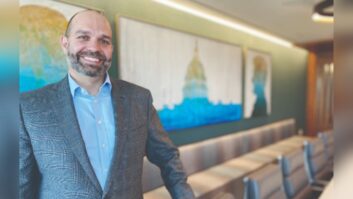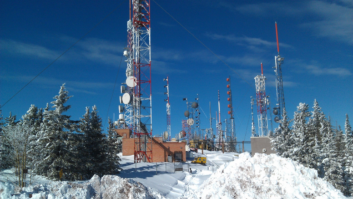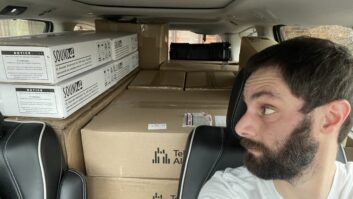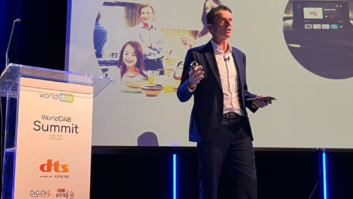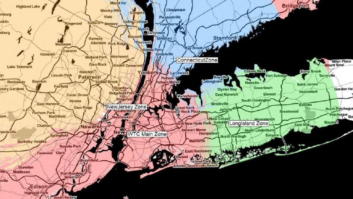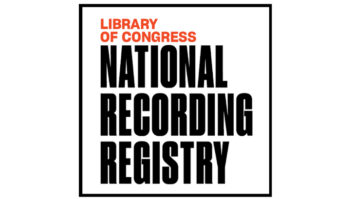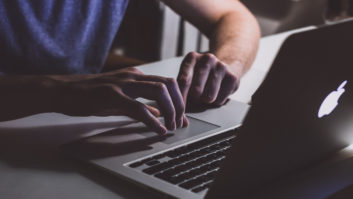
Click on the Image to Enlarge
Radio has trust issues.
Or at least that’s the conclusion drawn by NuVoodoo, after the research and marketing firm conducted a recent survey about attitudes toward radio contests.
At first glance, it would appear that giving away a cash prize would be a no brainer for stations — even “prizes as small as $100 generate significant interest among likely contest players,” NuVoodoo found, according to a press release.
However, clients also told the researcher that winners rarely bothered to pick up the prize. Even factoring in time constraints (like schedules and drive time), the fact that two-thirds of likely PPM participants (often those most engaged with radio) doubted they would get the prize was surprising.

Click on the Image to Enlarge
But even more shocking was the data that indicated only 20% of listeners who hypothetically won $1,000 would claim their prize.
It turns out that listeners are suspicious that these contests are rigged or even fake. Approximately half of all likely PPM participants and over half of the 18–44 demographic indicated that belief, according to the NuVoodoo release. Apparently, those who indicate these suspicions cite an understanding of stations’ motivation for the contests (to inspire more listening); have had trouble contacting the station; or were unable to hear or see the results of the contest.
If your station is sponsoring these contests to spur engagement and good will among listeners, these findings are clearly bad news.

Click on the Image to Enlarge
However, adding more transparency to the process can solve many of these contesting woes, the study suggests. Social media (think streaming drawings on Facebook Live) and email could help with this. Also, make sure that caller lines are open and answered as much as possible so that listeners feel heard, the researcher says.
Ultimately, NuVoodoo concluded: “Radio stations need to give high-touch, human-scaled service to keep their edge in the face of new media competition.”
Those questioned included both likely PPM participants and listeners unlikely to be on the panel.





